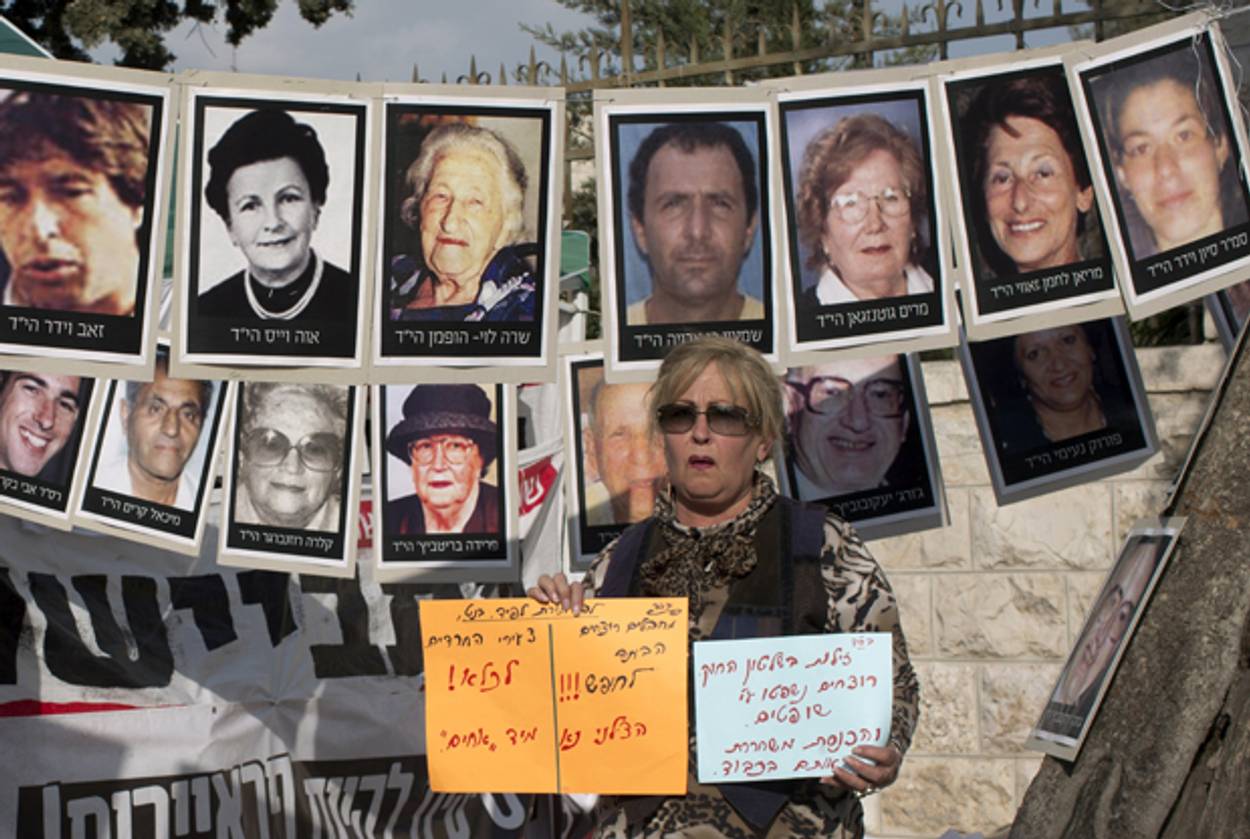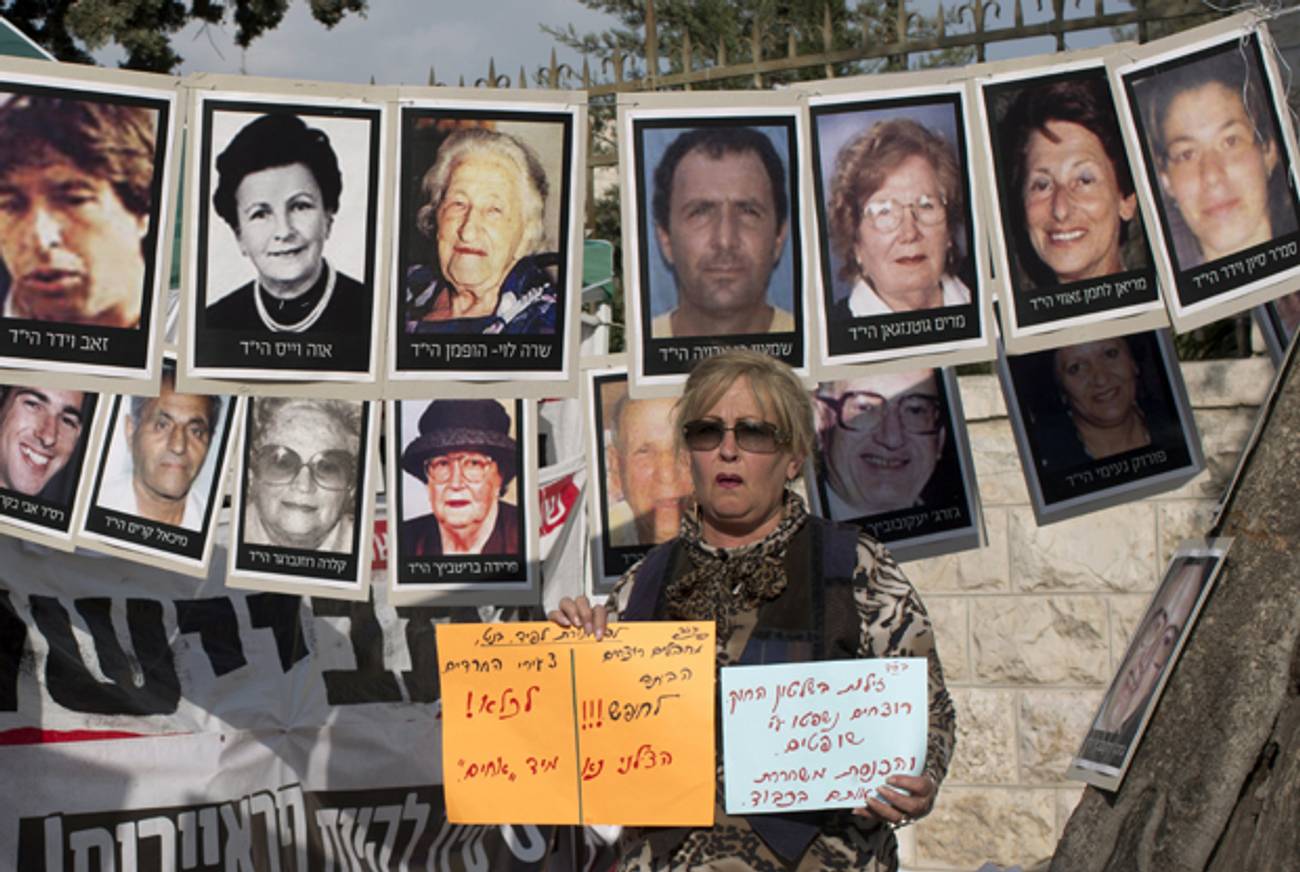Israel Passes Law Limiting Prisoner Releases
Allows judges to designate defendents as barred from any future releases




A new law championed by Naftali Bennett’s Jewish Home party, which the Israeli Knesset passed Monday, will limit the number of Palestinian prisoners eligible for release in prisoner swaps or as part of peace talks going forward. Prisoner releases have long been a controversial tactic employed by Israeli governments as a means of starting peace negotiations, though it’s a strategy that became perhaps most widely publicized in the 2011 release of Hamas-held IDF soldier Gilad Shalit, for which Israel agreed to the release 1,027 Palestinian prisoners, many of whom were involved in large-scale terrorist attacks against Israel.
According to Reuters, the new law “will empower judges to rule that defendants committed murder “under severe circumstances”, a special designation that will bar the government from freeing them as part of peace talks or prisoner exchanges.” Notably, the law only applies to future prisoners, and makes no claim on those currently imprisoned. There’s also a clause that allows Israeli presidents to pardon inmates, likely included to off-set expected criticism of the new legislation.
Prisoner swaps are controversial because while they purport to move peace prospects forward, they also set free convicted criminals, often with a renewed sense of anti-Israel hatred (and an existing terror infrastructure). Foremost in the fight against prisoner swaps are the families of the victims who were killed by the prisoners being released. Proponents of prisoner releases as an negotiating strategy cite the inability to initiate any substantial peace deal without offering this kind of political concession.
This new law will likely complicate the arguments of both sides going forward.
Previous: Jonathan Pollard and the Palestinian Prisoner Release
Related: Two Years After Gilad Shalit’s Release, His Negotiator Looks Back—and Ahead
Zionism’s New Boss
Stephanie Butnick is chief strategy officer of Tablet Magazine, co-founder of Tablet Studios, and a host of the Unorthodox podcast.